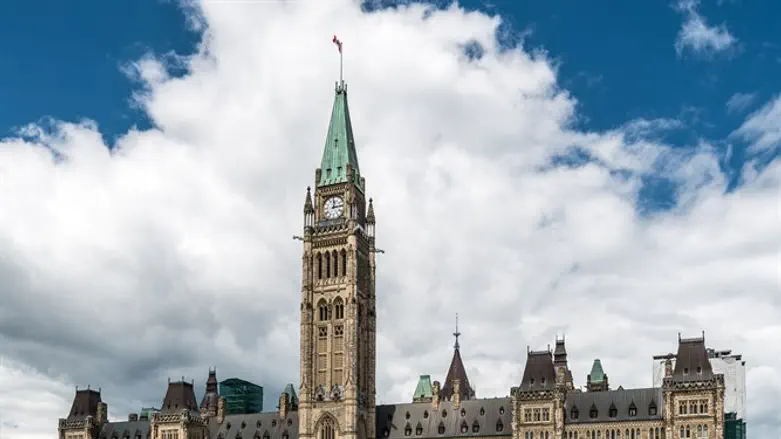
Canada’s two main Jewish groups are at odds over a lawsuit on whether it’s okay to have a national election on a Jewish High Holiday.
The Centre for Israel and Jewish Affairs – the official Canadian Jewish advocacy group — says there are enough alternative measures to accommodate Canada’s 75,000 Orthodox Jews who can’t cast their ballots on Oct. 21, which is both Shemini Atzeret and election day.
But B’nai Brith Canada, which was granted intervener status in a lawsuit launched by Toronto Conservative Party candidate Chani Aryeh-Bain and voter Ira Walfish, said that because of the end-of-Sukkot holiday, Jews will have significantly fewer hours to vote at advance polls than others. Of the four advance polling days, three are on other Jewish holidays or Shabbat (Sabbath).
“At its heart, this is a case of what it means to count in Canadian society,” said Colin Feasby of B’nai Brith. “Holding the federal election on a date where a religious minority cannot vote by reason of their beliefs sends a message to the community that it does not count.”
According to CIJA CEO Shimon Kofler Fogel, who is Orthodox, Elections Canada has done its best to “provide alternative arrangements” for Orthodox Jews.
“Would it be ideal for the election to be held on a date other than a chag (holiday)? Of course. But to suggest that Jewish Canadians will be barred from exercising their voting rights is simply wrong,” he said.
Since 2007, Canadian law has mandated that national elections be held on the third Monday in October in the fourth calendar year following the previous election.